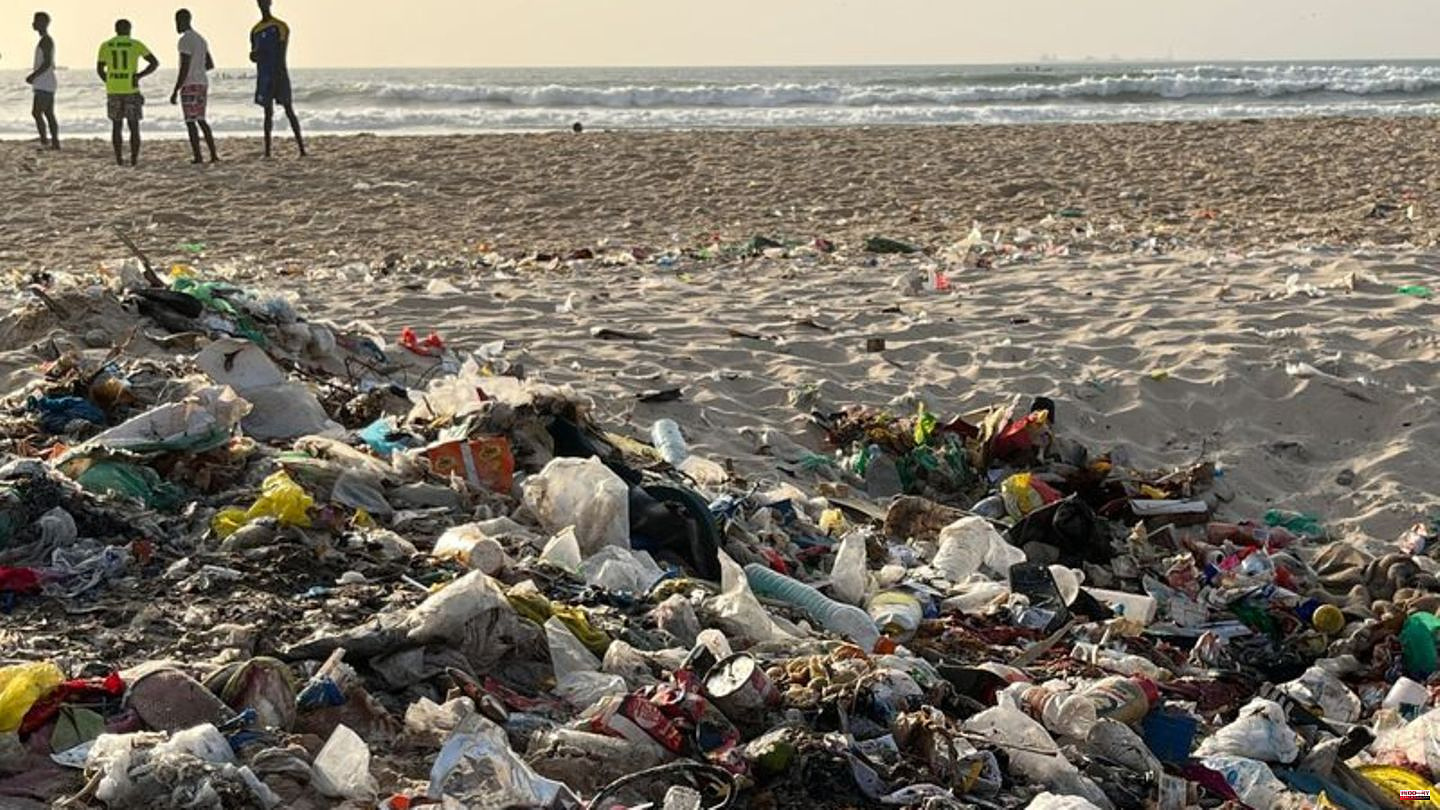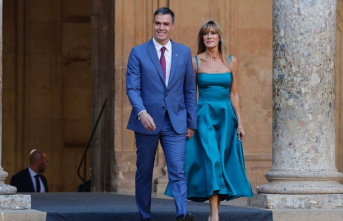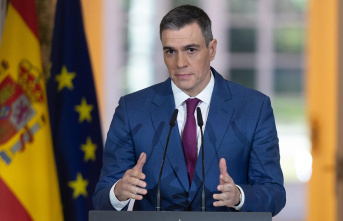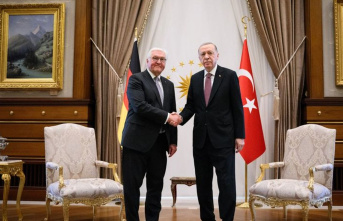Representatives from governments, international organizations and environmental groups have started negotiations for a binding global agreement against plastic pollution.
Organized by the United Nations (UN), the conference kicked off in the Uruguayan resort of Punta del Este and will continue until Friday. A negotiating committee is to negotiate a contract to curb pollution from single-use plastic, ghost nets or microplastics. A resolution paving the way for negotiations was passed in March at the UN Environment Assembly in Nairobi, Kenya.
The committee is to develop a convention by the end of 2024 that will define binding rules and measures that affect the entire life cycle of plastic. After the one-week meeting in Uruguay, South America, further rounds of negotiations are planned for next year in France and Kenya.
"Marine pollution is a huge environmental problem"
After the UN Environment Assembly, a coalition of ambitious countries led by Norway and Rwanda had formed, which wants to achieve an end to plastic pollution by 2040 in the negotiations. More than 35 countries now belong to it, including Germany. "The littering of the seas with huge amounts of plastic is a huge environmental problem that harms the flora and fauna, but also humans," said Federal Environment Minister Steffi Lemke (Greens).
According to the UN, plastic pollution is increasing rapidly. This poses a serious global environmental problem. If the necessary measures are not taken, the amount of plastic waste entering oceans and other waters could increase from around 9 to 14 million tons per year in 2016 to an estimated 23 to 37 million tons per year more than double by 2040, it said. According to the Federal Environment Ministry, the biggest drivers are the packaging, vehicle and construction industries.
Single-use plastic, ghost nets and microplastics
According to the environmental organization WWF, the three most problematic types of waste are disposable plastic, ghost nets and microplastics. "Together, almost all of the plastic waste in the ocean comes from these three sources," says Alois Vedder of WWF Germany. "Single-use plastic, for example from packaging, is urgent because of the sheer volume, lost fishing nets are the deadliest form of plastic waste for marine animals, and once microplastic has entered the environment, it cannot be retrieved."
Animals also suffer from the huge amounts of plastic waste in their habitat. According to a study by the Alfred Wegener Institute, more than 2000 animal species are confronted with plastic pollution. Almost 90 percent of the examined species are negatively affected.
Instead of the previous mix of voluntary and mandatory, national and regional regulations, conservationists are now pushing for a globally binding agreement against plastic pollution. "The task of the economy in the future is to produce durable and fully recyclable plastic goods," says a statement from the environmental protection organization Greenpeace. "Governments have a responsibility to incentivize a truly circular economy and reward innovation."












